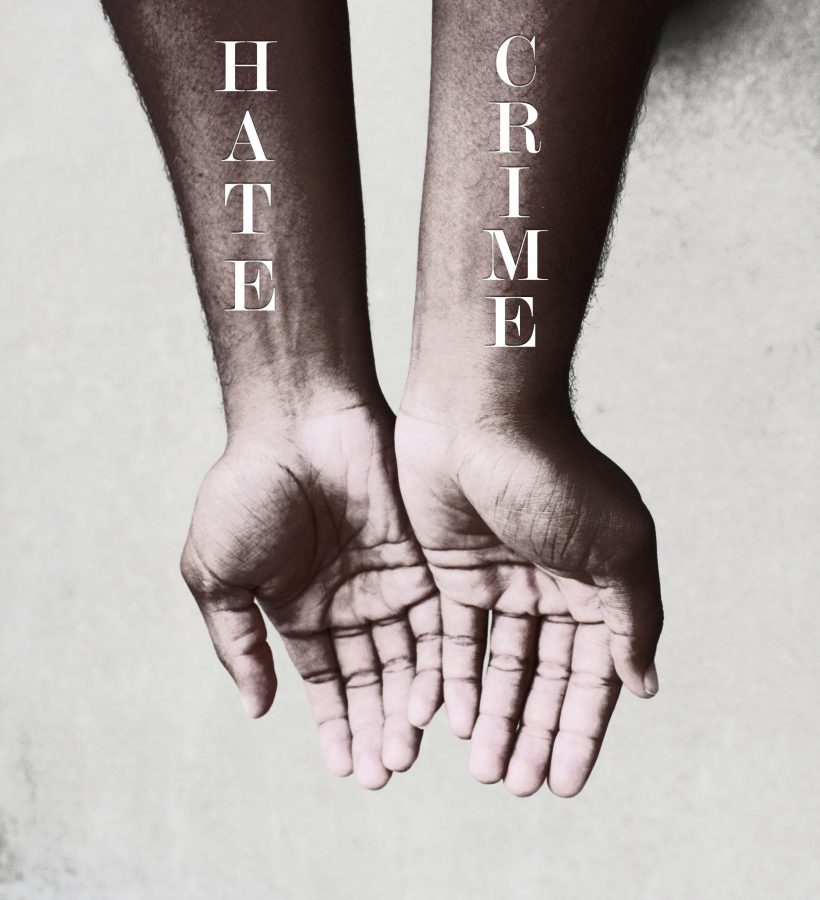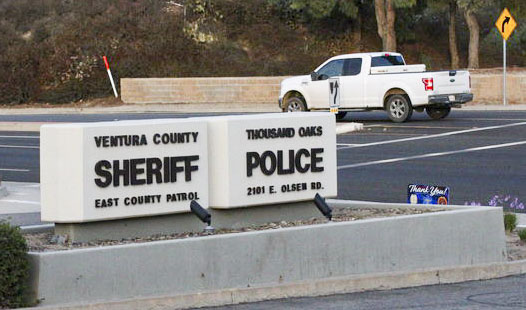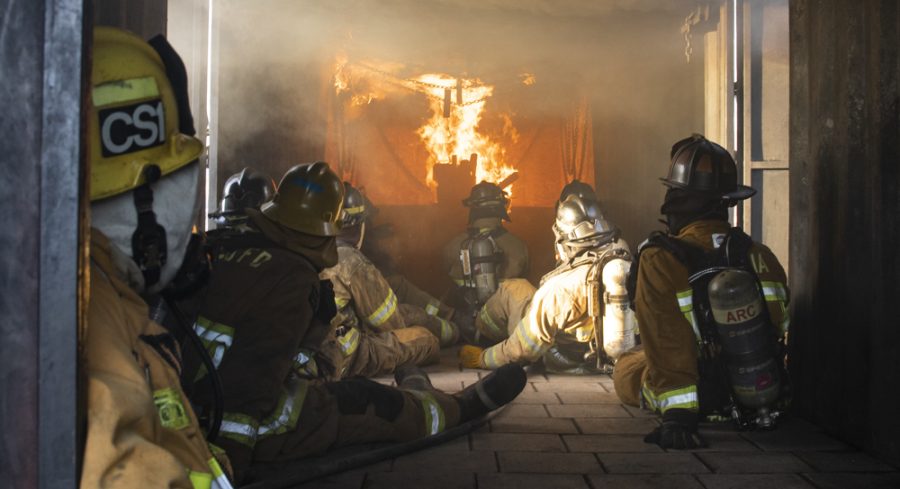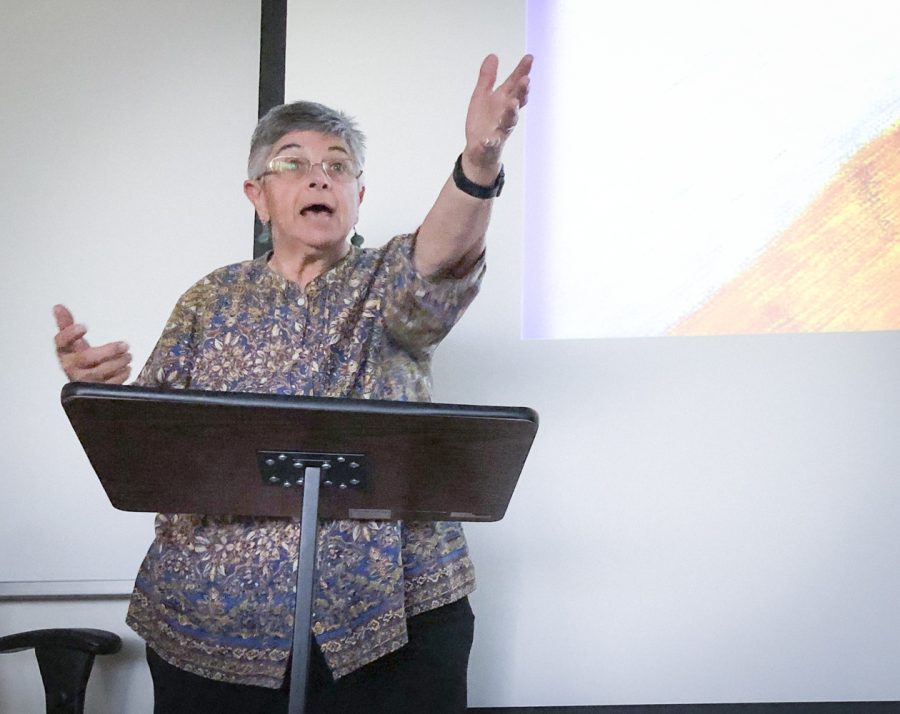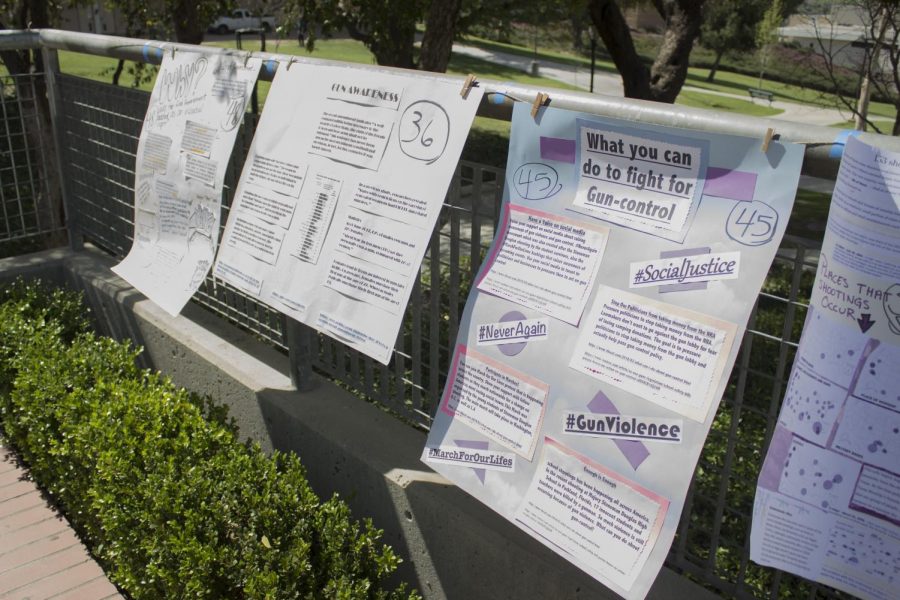The Annual Security Report presented by the Ventura County Community College District Police Department showed that no hate crimes have ocurred on all three campuses and the collaborative effort to keep safety has been effective.
According to Lt. Bob Escobedo from the Moorpark College Police Department, security on campus is not only a police officer’s responsibility, but also the students’, faculty’s and staff’s.
“We don’t control students, they have to take care of themselves,” said Escobedo. “Students collaborate, behave and get along with each other.”
California Penal Codes 422.55, 422.6 and the Higher Education Opportunity Act (Public Law 110‐315) define a hate crime as any physical intimidation or physical harassment; physical force or physical violence; or the threat of physical force or physical violence, against any person or group of people due to the ethnicity, religion, race, sex, national origin, sexual orientation, disability, or political, religious beliefs of that person or group. The VCCCD Police Department’s web portal says that hate crimes are not condoned and also explains that the U.S. Constitution is the same for everybody regardless race, religion, sex, disability or political, religious views.
Another resource the VCCCD Police Department has implemented in order to keep campuses safe and to help enforce the law, as well as to improve response to these kinds of incidents, is the Campus Safety Program.
This program is based on technological utilities including campus emergency blue phones, internal 911 systems, surveillance cameras, upgraded police communication and an anonymous tip line.
Lt. Gregory Beckley from the Oxnard College Police Department said it’s important for students to know that the police are around and ready to act.
“We always try to be visible and monitor students,” said Beckley. “Also, we let students know that we are there available to help and enforce the law at anytime.”
Doctor Margaret Tennant, a psychology professor at MC, said that according to some theories, hate crimes are related to human beings’ primitive instincts.
“Some people say that it seems to be built into us to have a kind of protective quality to identify with a particular group,” said Tennant. “So it makes us feel better if we put down another group because then our own ego is enhanced.”
Sharon Manakas, coordinator of the health center at MC, said that trustworthiness and a safe environment are fundamental to help someone who might be exposed to a hate crime.
“Our role is to be supportive,” said Manakas. “And try to get details about what’s going on so we can work it out.”
As Escobedo made clear, to maintain the level of safety on our campus’, we must maintain a level of social responsibility ourselves in coordinance with the safety net of the law.

